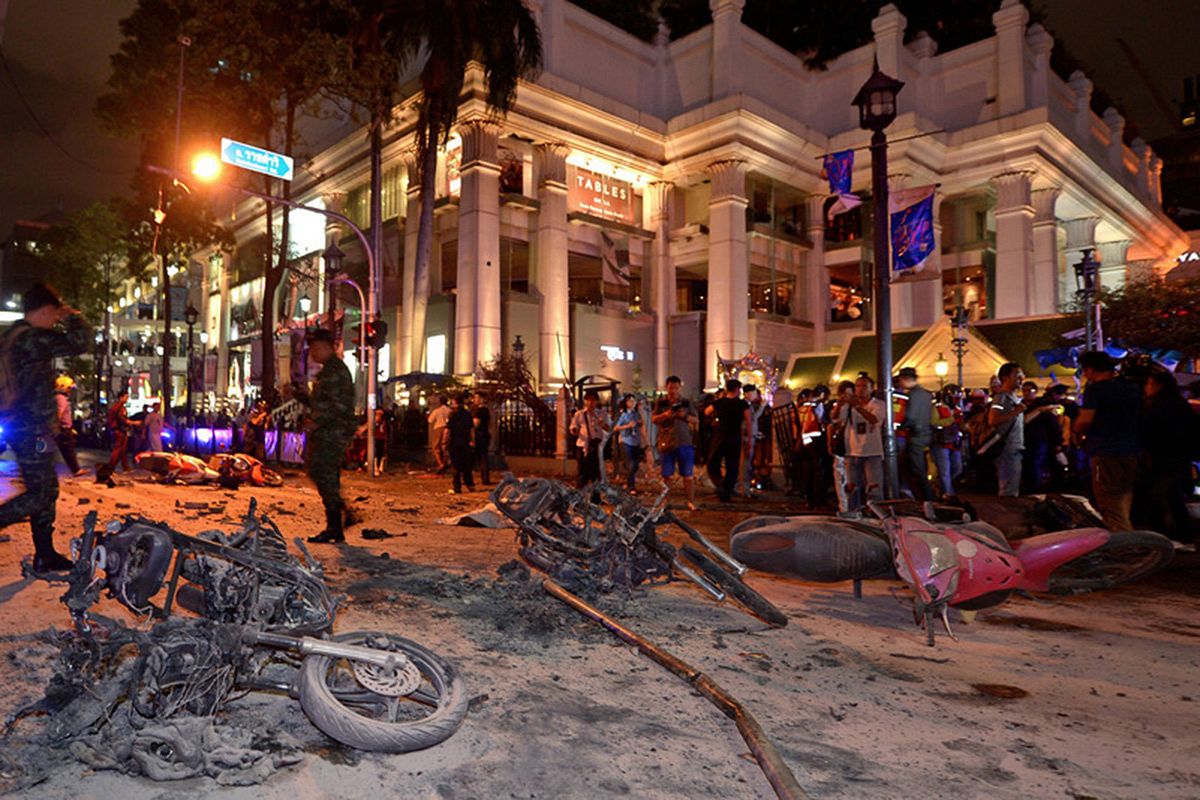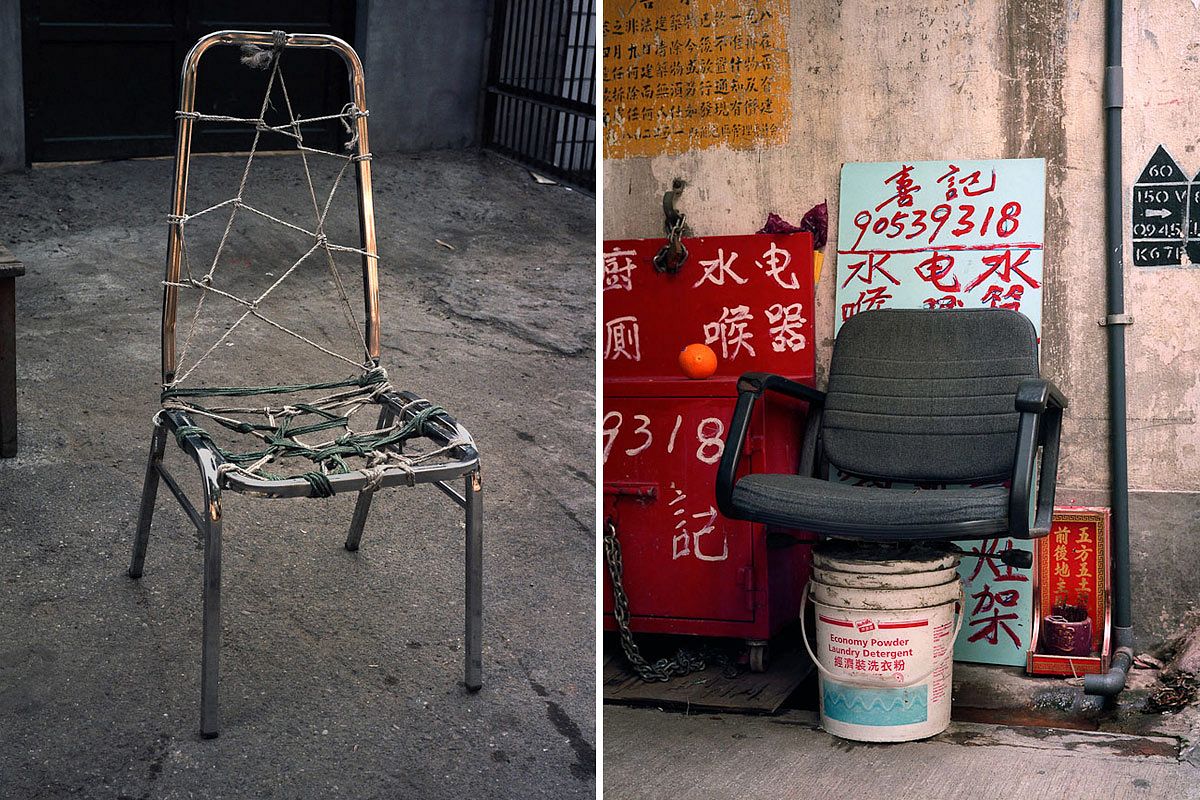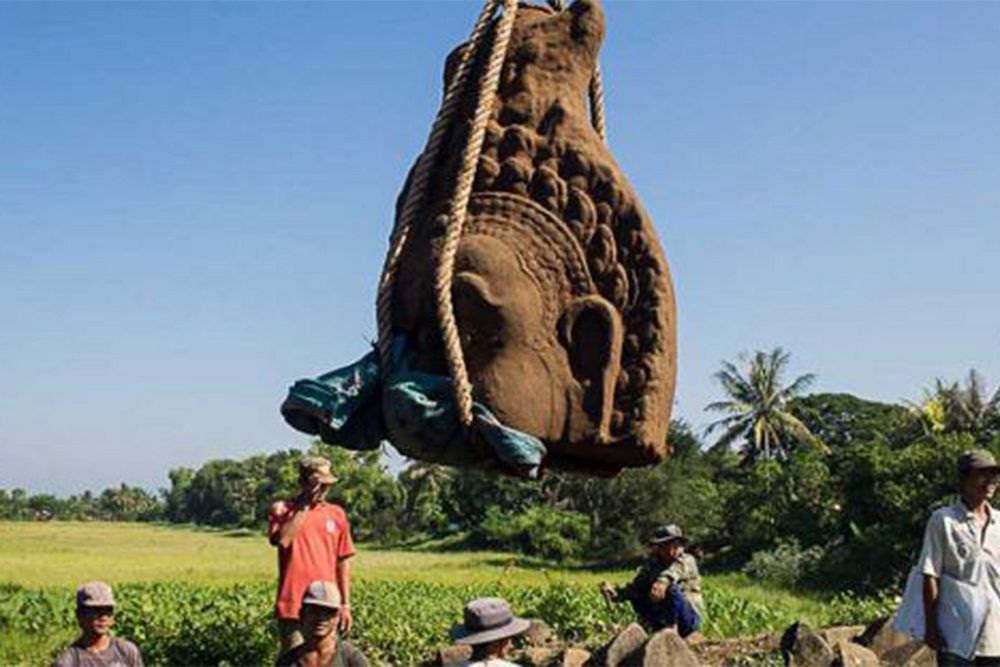On Monday, Japan and South Korea reached a landmark deal on aid to South Korean "comfort women", who were forced to serve as sex slaves to Japan's Imperial Army during World War II.
At a press conference on the same day, Japanese Prime Minister Shinzo Abe apologized for his country's role in the kidnapping and forced prostitution of tens of thousands of South Korean women, pledging US$8.3 million for the care of the remaining "comfort women", reports the New York Times. This money will go to medical treatment and nursing services for the now-elderly survivors, however individual women will not receive payments.
"The issue of 'comfort women' was a matter which, with the involvement of the military authorities of the day, severely injured the honor and dignity of many women," Japan's foreign minister, Fumio Kishida, said during a press conference on the agreement. "In this regard, the government of Japan painfully acknowledges its responsibility."
On their end, the South Korean government agreed to "finally and irreversibly" settle the issue, according to BBC. The South Korean people, however, are a different story.
President Park Geun-hye is urging her country to get on board with the accord, noting its urgency, as the average age of South Korea's surviving "comfort women" is 89, reports Reuters. Only 46 of the 238 women who originally came forward in the early 1990s are still alive. However, many South Koreans - including the survivors themselves - are unimpressed by Japan's apology. Many believe the deal favors political expediency over a genuine apology.
"We are not craving for money," 88-year-old Lee Yong-soo, one of the former "comfort women", told the New York Times. "What we demand is that Japan make official reparations for the crime it had committed."
Yesterday, Yong-soo and other protestors called upon the Japanese government to do more in acknowledging its role in the forced prostitution of these women, saying the South Korean government "cannot be trusted", according to Reuters.
"We will continue to fight until the end," she added.
This is not the first time the two countries have tried to resolve the issue. In 1993, shortly after former "comfort women" began speaking out about the atrocities they had faced, the Japanese government issued another formal apology, setting up a fund for South Korean "comfort women" in an effort to make amends. The money, however, came only from private donors and did not include any contributions from the government itself, prompting many survivors to refuse the donation. While it's worth noting that the forthcoming fund will include money directly from the Japanese government, some feel the new agreement is simply a repeat of the 1993 apology.
Moreover, one precondition of the recent agreement was the relocation of a statue commemorating South Korea's "comfort women", which currently stands in front of the Japanese embassy in Seoul. Since Monday, hundreds of protestors have gathered near the statue to register their disapproval. One poll found as many as 66% of South Koreans oppose the relocation of the statue.
[Photo via The Guardian]














